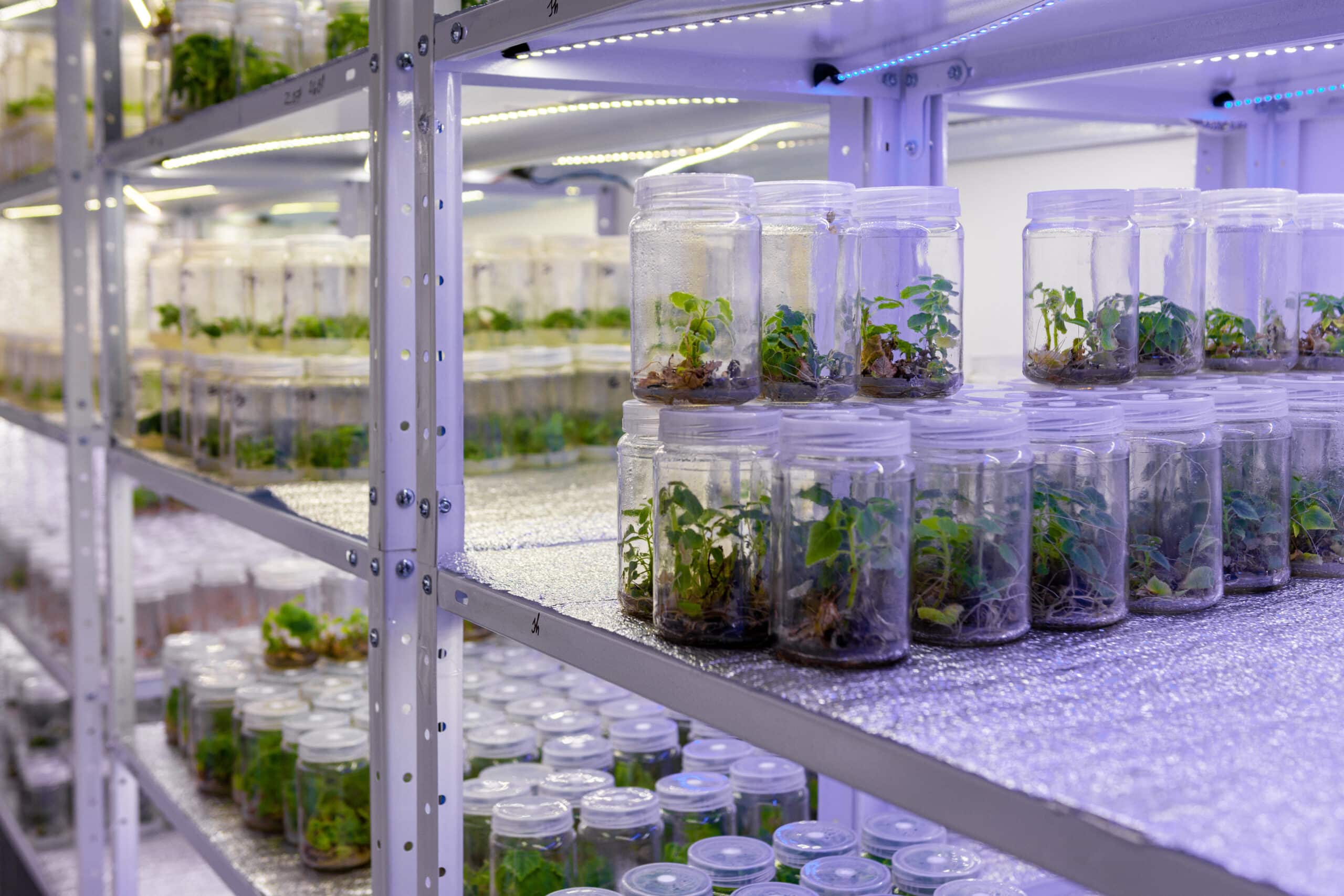As concerns over the environmental impacts of human activity mount, it has become increasingly important for corporate stakeholders to integrate ESG and sustainability efforts into their operations.
With the increasing emphasis on responsible business practices, companies must be able to understand and differentiate between the two concepts to address challenges and drive meaningful change. While both concepts encourage corporate responsibility, each has unique actions, outcomes and considerations.
This article will discuss what ESG and sustainability are, the difference between ESG and sustainability, and how leaders can better manage them in their organisation.
What Is ESG?
At its core, ESG is a framework with benchmarks and metrics that are used to assess how a company performs in terms of sustainability, social responsibility, and corporate governance. This framework helps investors, customers, and regulators see how well a company manages its operations, reputation, and capital in relation to the following criteria:
Environmental: This refers to how a company impacts the environment. It includes factors like energy use, waste management, carbon emissions, and biodiversity. It scrutinises the effort a company makes to reduce its environmental footprint and implement sustainable practices.
Social: This aspect considers a business’ relationships with employees, customers, suppliers, and surrounding community. It covers the company’s hiring processes, diversity and inclusion efforts, labour practices, and human rights initiatives.
Governance: Governance criteria assess a company’s leadership, executive pay, audits, internal controls, and shareholder rights. Effective governance will ensure transparency, accountability, and ethical behaviour inside the company.
Reporting and measurement are key features of ESG, and are the main differences between ESG and sustainability. If a company scores well, then it is usually better positioned for long-term success, holds lower risks, and is perceived to face fewer regulatory, legal, and reputational issues.
What is sustainability?
Sustainability is a broader concept than ESG. It encompasses the ability for a company to maintain or improve its operations in an environmentally responsible manner over the long term. It considers various environmental, social, and economic impacts and focuses on meeting present needs without compromising the ability of future generations to meet their own needs.
Environmental, social, and economic considerations are the three core pillars of sustainability. Environmental sustainability focuses on efficiently using and conserving natural resources for future generations. Typically this is done by reducing pollution, managing resources sustainably, and protecting ecosystems. Social sustainability aims to promote social well-being and equity through fair labour practices, fostering inclusive communities, and enhancing the quality of life for all individuals. Meanwhile, economic sustainability seeks to achieve long-term economic growth through responsible financial practices, innovation, and sustainable business models.
What is the difference between ESG and sustainability?
Although the terms ESG and sustainability are sometimes used interchangeably, they often have different practical and strategic applications for organisations and investors.
Sustainability acts as an overall guiding philosophy for how a company should operate and serves as a foundation for ESG. Besides balancing the environmental, social, and economic impacts of a company’s operations, sustainability works to create long-term value for a company, its stakeholders, and society.
On the other hand, ESG involves a detailed framework to measure and report on the aspects of a company’s operations that relate to sustainability. This framework is often used to direct investment decisions based on how well companies perform, with standards being set by investors, lawmakers, and reporting organisations.
The difference between ESG and sustainability for investors
Sustainable investing is an investment approach that aims to generate long-term competitive financial returns and positive environmental impact. While financial performance is important, most sustainable investors believe their investments should also create universal, long-term environmental and social value.
Meanwhile, ESG investing is more about managing a company’s risks and enhancing long-term returns. ESG investors aim to minimise risk while promoting companies that align their social responsibility and sustainability targets with their financial goals.
The future of ESG and sustainability
As transparency requirements from regulators and investors increase, it is likely that companies will experience stricter reporting requirements in the future. This may prompt further standardisation of ESG criteria and policies, which will assure more measurable actions and outcomes. While ESG will continue to be important in investment decisions in the future, it is also likely to play a bigger role in promoting environmental stewardship.
Looking forward, sustainability efforts will likely place greater emphasis on clean energy, sustainable agriculture, the circular economy, and environmental regeneration as countries and companies push to become net positive. Significant advancements in technology and policies will be required to develop more sustainable and resilient economies.
In the future, ESG will provide a critical framework for assessing a company’s environmental and social practices. At the same time, broader sustainability issues will influence and shape these ESG criteria. In this way, ESG will provide measurable metrics for an organisations environmental and social contribution, while sustainability concerns will guide wider corporate strategy.
Managing ESG and sustainability in your organisation
Several steps can be taken to improve your organisation’s ESG and sustainability performance:
- Establish or modify long-term sustainability goals that are relevant to your organisation.
- Conduct periodic ESG assessments and analysis to evaluate your organisation’s performance.
- Regularly publish ESG and sustainability reports that detail your company’s metrics, goals, and progress.
- Promote diversity and inclusion with policies that support better hiring, fair labour practices, and an inclusive workplace culture.
- Encourage strong governance with transparent decision-making processes, ethical leadership initiatives, and strict regulatory compliance.
- Invest in sustainable products and services to improve the long-term value of your organisation.
Conclusion
At Farrelly Mitchell, our sustainability and ESG experts are highly experienced in assessing and improving ESG outcomes for large-scale food and agribusinesses. With our guidance, you can quickly and effectively implement strategies that bridge ESG gaps and bolster performance.
For more information on our ESG services, please contact our team today.














